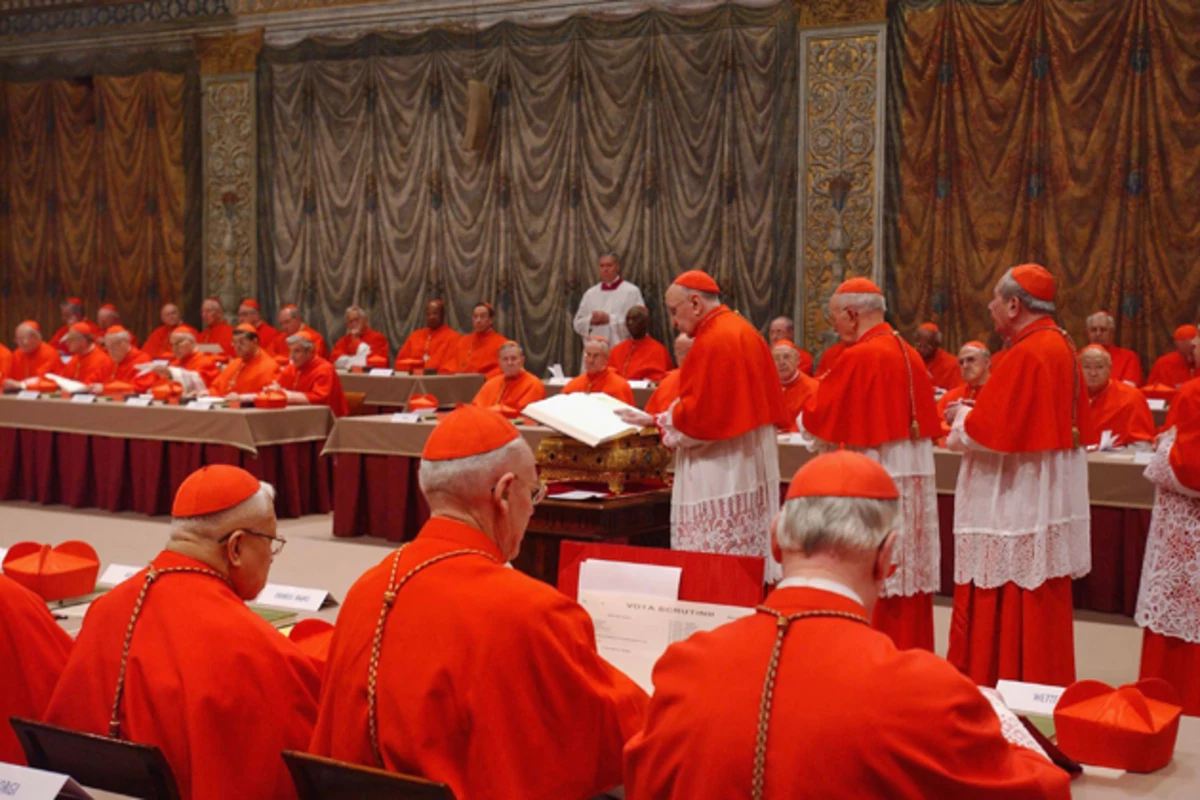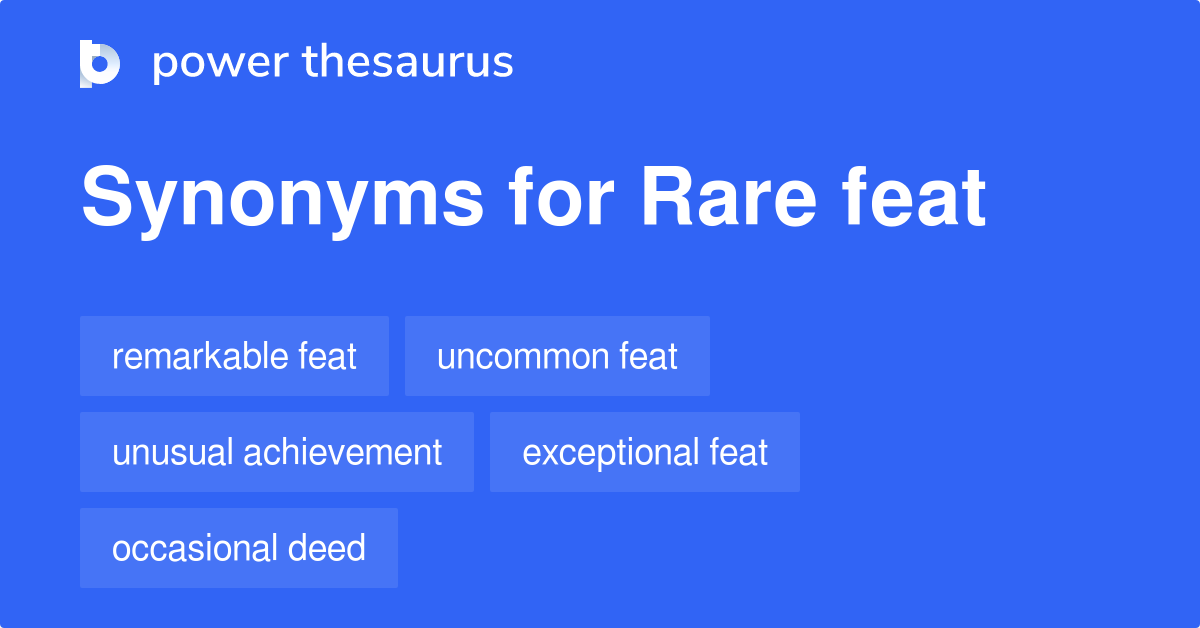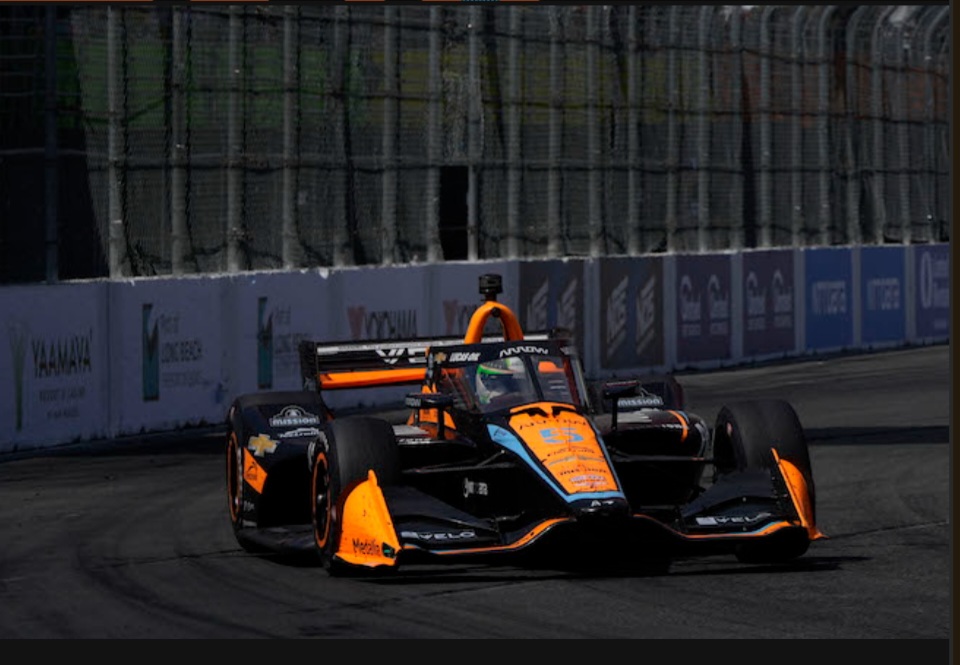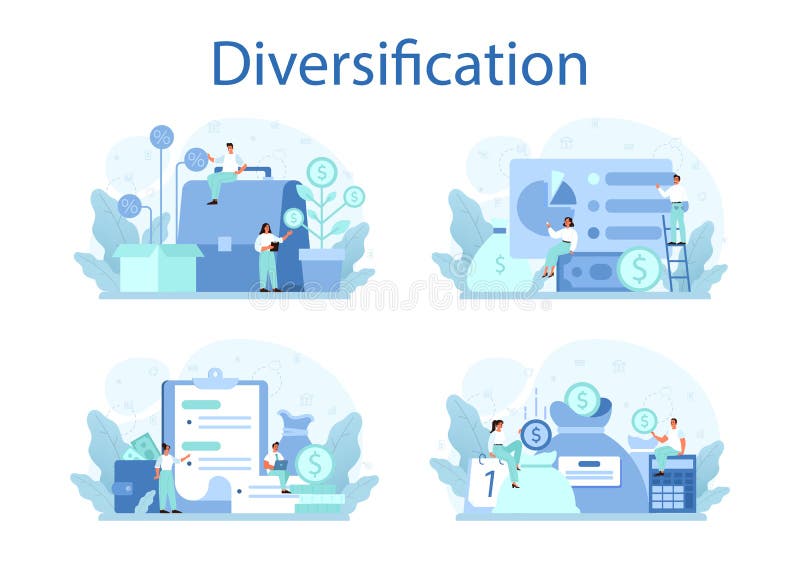The Next Pope: Examining The Leading Candidates And Their Theological Views

Table of Contents
Cardinal Giuseppe Petrocchi: A Profile of His Theological Stance
Key Theological Positions:
Cardinal Petrocchi, known for his conservative theology, holds firmly to traditional Church teachings. His views can be characterized as:
- Emphasis on Traditional Liturgical Practices: He advocates for a strong adherence to the traditional Latin Mass and emphasizes the importance of established liturgical norms.
- Strict Adherence to Catholic Doctrine: He is a vocal defender of traditional Catholic doctrines on issues such as marriage, family, and the sanctity of life. This aligns him firmly within conservative theological circles.
- Conservative Approach to Social Issues: His views on social justice issues tend to be rooted in traditional Catholic teachings, emphasizing the importance of family and community. He may approach social justice issues from a more conservative theological perspective compared to other candidates.
Strengths and Weaknesses as a Potential Pope:
- Strengths: His unwavering adherence to traditional teachings resonates strongly with conservative segments of the Church. His deep theological knowledge and experience command respect. His strong communication skills allow him to effectively convey his message. He represents a strong figure of papal leadership.
- Weaknesses: His conservative stance might alienate more progressive segments of the Church. Some might perceive his approach as inflexible in the face of modern challenges. His theological influence might be limited to conservative factions, resulting in limited ecumenical dialogue.
Cardinal Michael Czerny: Analyzing His Theological Approach
Key Theological Positions:
Cardinal Czerny represents a more progressive wing of the Church. His theological approach is marked by:
- Strong Emphasis on Social Justice: His work with refugees and marginalized communities underscores a commitment to social justice and the social teachings of the church. He embodies a pastoral approach focused on the needs of the most vulnerable.
- Openness to Ecumenical Dialogue: He advocates for greater interfaith dialogue and collaboration with other Christian denominations and religious communities promoting extensive ecumenical dialogue.
- Support for Liturgical Reform: While respecting tradition, he is open to adapting liturgical practices to better meet the needs of contemporary worshippers. This contrasts sharply with a more traditionalist views.
Strengths and Weaknesses as a Potential Pope:
- Strengths: His dedication to social justice and his emphasis on inclusivity attract a broad base of support within and outside the Church. His progressive views could help bridge divides and foster greater unity. He demonstrates charismatic leader qualities through his commitment to social justice and human rights.
- Weaknesses: Some conservatives might view his progressive stances as a departure from traditional teachings. His emphasis on social justice might be seen by some as distracting from core theological issues. His approach may struggle to find a common ground with the conservative theology segments within the church.
Other Prominent Candidates and Their Theological Perspectives
Several other cardinals are considered potential successors. Their theological perspectives vary, reflecting the broad range of viewpoints within the Church. For example, Cardinal [Candidate 3's Name] is known for his expertise in canon law, while Cardinal [Candidate 4's Name] is a respected theologian with a focus on interreligious dialogue. Each brings a unique perspective, making this Conclave particularly significant in shaping the future pope.
The Importance of Theological Views in Papal Elections
The theological views of the next pope are crucial. They directly impact the Church's teachings, policies, and pastoral approaches. The selected candidate’s interpretation of Catholic doctrine will significantly shape the church teachings for years to come. Understanding the theological debates and the different theological debate positions among leading cardinals is therefore essential to grasping the potential trajectory of the Catholic Church under religious leadership.
Conclusion: Understanding the Contenders for The Next Pope
This examination of leading candidates for The Next Pope highlights the diverse theological viewpoints within the Church. Understanding these perspectives is crucial for comprehending the possible future direction of the Catholic Church. The upcoming election represents a critical juncture, with significant implications for Catholic doctrine and church teachings globally. The ensuing theological discussions and debates will continue to shape the Church's response to modern challenges. Stay informed about the selection of The Next Pope and continue your research on the candidates' theological positions through further reading and reputable news sources.

Featured Posts
-
 Two Celtics Achieve Rare Feat 40 Point Games In Same Match
May 11, 2025
Two Celtics Achieve Rare Feat 40 Point Games In Same Match
May 11, 2025 -
 Hertas Push For Pace At Barber A Paddock Buzz Analysis
May 11, 2025
Hertas Push For Pace At Barber A Paddock Buzz Analysis
May 11, 2025 -
 Adam Sandlers Oscars 2025 Appearance A Detailed Look At The Outfit Jokes And Chalamet Interaction
May 11, 2025
Adam Sandlers Oscars 2025 Appearance A Detailed Look At The Outfit Jokes And Chalamet Interaction
May 11, 2025 -
 Meilleurs Investissements 2024 Diversification Et Gestion De Risques
May 11, 2025
Meilleurs Investissements 2024 Diversification Et Gestion De Risques
May 11, 2025 -
 Did Tyla Copy Britney Spears For Her Coachella 2025 Outfit
May 11, 2025
Did Tyla Copy Britney Spears For Her Coachella 2025 Outfit
May 11, 2025
